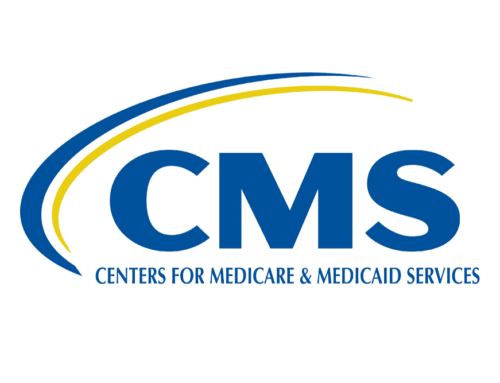
Chronic Disease Management Act of 2023
On March 6, 2023, Senators John Thune (R-SD) and Tom Carper (D-DE), introduced the Chronic Disease Management Act of 2021 (CDMA) in the United States Senate. This bill (S. 655) builds upon previous versions of CDMA and follows 2019 guidance issued by the U.S. Department of Treasury to further increase the flexibility of HSA-HDHPs to cover chronic disease services on pre-deductible basis.
The bipartisan legislation states:
(a) IN GENERAL.—Section 223(c)2) of the Internal Revenue Code of 1986 is amended by adding at the end the following:
“(F) PREVENTIVE CARE SERVICES AND ITEMS FOR CHRONIC CONDITIONS.—For purposes of subparagraph (C)—
“(i) preventive care shall include any service or item used to treat an individual with a chronic condition if—
“(I) such service or item is low-cost,
“(II) in regards to such service or item, there is medical evidence supporting high cost efficiency of preventing exacerbation of the chronic condition or the development of a secondary condition, and
“(III) there is a strong likelihood, documented by clinical evidence, that with respect to the class of individuals utilizing such service or item, the specific service or use of the item will prevent the exacerbation of the chronic condition or the development of a secondary condition that requires significantly higher cost treatments.”.
“(ii) an individual who has been prescribed preventive care for any chronic condition may be presumed to have been diagnosed with such condition if such preventive care is customarily prescribed for such condition.”
This amendment to the IRS code would provide HSA-HDHPs added flexibility to cover services and drugs used to treat chronic diseases before meeting the plan deductible.
What does this mean, and why is it important?
This bill builds on Department of Treasury Notice 2019-45, that expanded the number of clinical services that may be covered in HSA-HDHPs before enrollees meet their deductible. The potential to mitigate cost-related non-adherence of essential care will yield an enormous benefit to patients, employers, and payers alike, including improved patient-centered outcomes, enhanced equity, and likely lower federal expenditures. This common-sense reform has proven popular among employers. The 2020 Kaiser Family Foundation Survey reported that of employers offering an HSA-qualified health plan, 48% of employers with over 5000 employees and 29% of employers with over 200 employees reported implementing a benefit design that expanded pre-deductible coverage.




